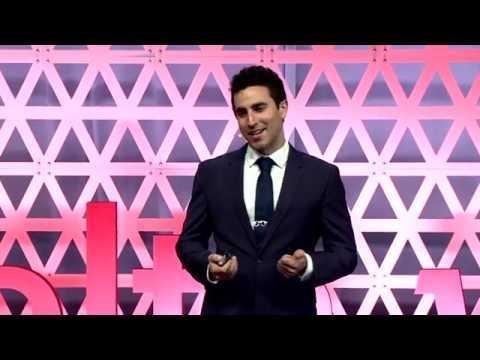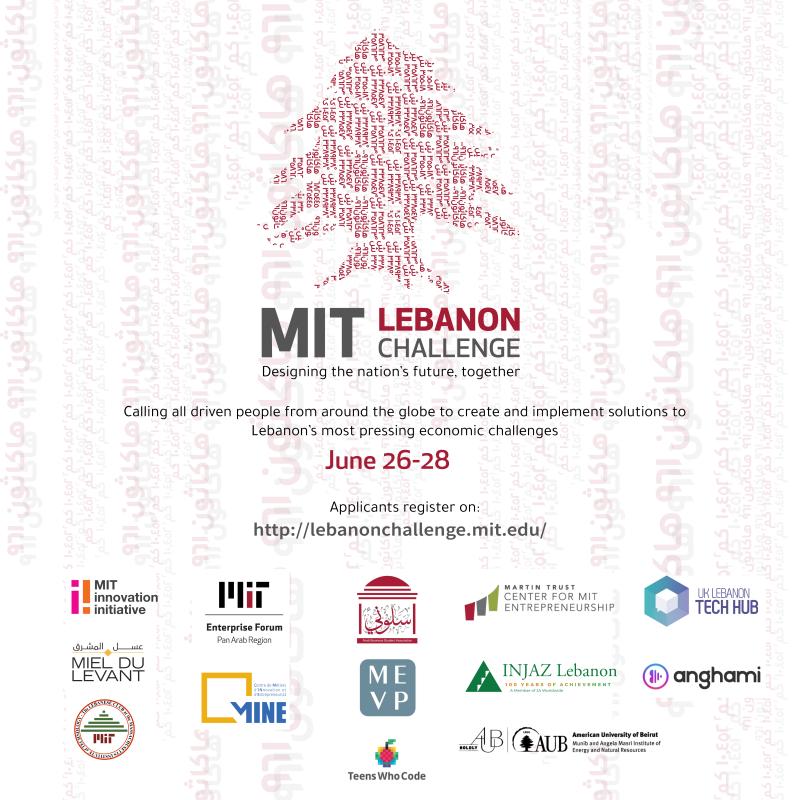BY TAREK ALI AHMAD

When Jad Ojjeh started his MBA at the Sloan School of the Massachusetts Institute of Technology (MIT) two years ago, he never expected to find himself leading an initiative to try and find ways to save his home country Lebanon from collapse.
Today, he and a team of compatriots and colleagues from all over the world have organized the MIT Lebanon Challenge, an event that brings together Lebanese from different backgrounds and specialties to focus on finding solutions to the country’s biggest problems.
“There are thousands of Lebanese abroad who are skilled, have time and resources, and who want to help, but they don’t know how to. There’s no single place where they can all get together and help,” Ojjeh, 27, told Arab News.
“Another side is that there are a lot of Lebanese in Lebanon who are skilled, who have time, but don’t have the resources to put something together and who haven’t done it before and need a little bit of help,” he said.
“So the problem really was how to get the diaspora to collaborate with each other and with the locals to set up businesses for themselves.”
The past year has proved to be catastrophic for Lebanon, which is in the midst of an economic crisis.
While the country has fared better than others in the region in tackling the coronavirus outbreak, the enforced lockdown and curfew have taken a significant toll on the economy.
The MIT Lebanon Challenge aims to split 600 applicants, 20-30 percent of whom are from the diaspora, into groups of seven that try to find solutions to problems arising from one of three main tracks: Basic needs, the industrial economy and the knowledge economy.
Teams will have access to expert mentors and a repository of resources throughout the event to “set them up for success,” Ojjeh said. These include more than 30 how-to guides on such things as pitching and using Zoom.
“We’re making an additional effort to reach the northern and southern areas (of Lebanon), where a lot of these problems exist. The issue of agriculture isn’t prevalent in Beirut, for example. We can’t work on agriculture solutions without involving the communities that are going to be implementing them,” Ojjeh said.
“At the same time, issues of food, shelter and water exist in Beirut and a lot of other communities, so they have intimate knowledge of what’s happening on the ground, what it takes to implement the project … We need them to be part of the solution,” he added.
“We want more non-business, non-engineering, lawyers, artists, designers. It’s all about bringing this different perspective to the table and looking at the problem from a different angle. If we continue looking at it from the same angle, we’re going to end up in the same place we started.”
The MIT Lebanon Challenge is set to kick off on June 26 and run for 48 hours. The teams will present to a panel of judges whose expertise is in the field for which they are finding a solution.

Proposals that make the cut will be given support from the MIT Lebanon Challenge organizers and partners.
Ojjeh said the focus will be on solutions that the teams can implement themselves rather than rely on heavy public sector intervention.
“This is an apolitical, non-sectarian, independent event working toward a better Lebanon for everyone in Lebanon,” he added.
Arab News

Leave a Reply
You must be logged in to post a comment.